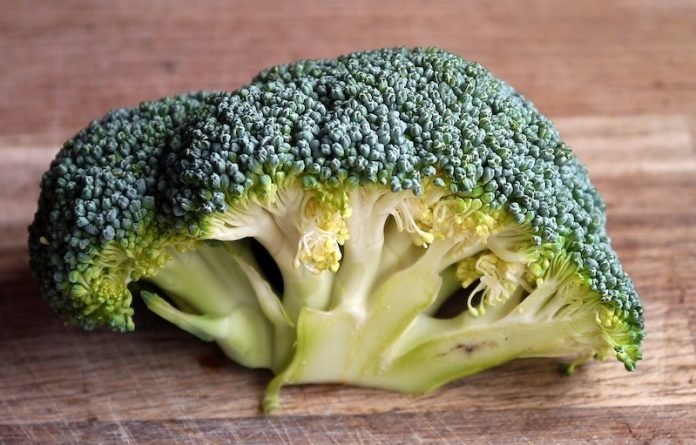
In a recent study from Oregon State University, researchers looked at the effect of broccoli compound sulforaphane on breast tissues of women diagnosed with breast cancer.
They showed that this compound was well tolerated and slowed the growth of cancer cells, especially at early stages.
Sulforaphane is a compound found in broccoli and many other cruciferous vegetables, and it has long shown evidence of value in cancer prevention.
This research suggests it may ultimately play a role in slowing cancer growth as well – along with other proven approaches such as surgery, radiation and chemotherapy.
A number of studies in the past have found that women with a high intake of cruciferous vegetables – such as broccoli, cauliflower, cabbage or kale – have a decreased risk of breast cancer.
Research has also shown that sulforaphane, which is found at the highest levels in such foods, can modulate breast cancer risk at several stages of carcinogenesis and through different mechanisms.
In the study, the team examined 54 women with abnormal mammograms who were scheduled for a breast biopsy.
They received either a placebo or supplements that provided sulforaphane. The amount of sulforaphane they received would equate to about one cup of broccoli sprouts per day, if eaten as a food.
Previous research found sulforaphane appears to inhibit histone deacetylases, or HDACs, which in turn enhances the expression of tumor suppressor genes that are often silenced in cancer cells.
The intake of sulforaphane in this study did, in fact, reduce HDAC activity, as well as cancer cell growth.
The team says their original goal was to determine if sulforaphane supplements would be well tolerated and might alter some of the epigenetic mechanisms involved in cancer.
They were surprised to see a decrease in markers of cell growth, which means these compounds may help slow cancer cell growth.
When better understood and studied, it’s possible that sulforaphane or other dietary compounds may be added to traditional approaches to cancer therapy, whether to prevent cancer, slow its progression, treat it or stop its recurrence.
Additional studies are needed to evaluate dose responses, work with larger populations, and examine the responses of other relevant molecular targets to either foods or supplements containing sulforaphane.
If you care about cancer risk, please read studies about supplements and cancer, and this inexpensive drug could help treat cancer.
For more information about cancer risk, please see recent studies about common vegetable that may help lower your cancer risk, and results showing that most cancers are caused by these 5 things.
The study was published in Cancer Prevention Research and conducted by Emily Ho et al.
Copyright © 2022 Knowridge Science Report. All rights reserved.



